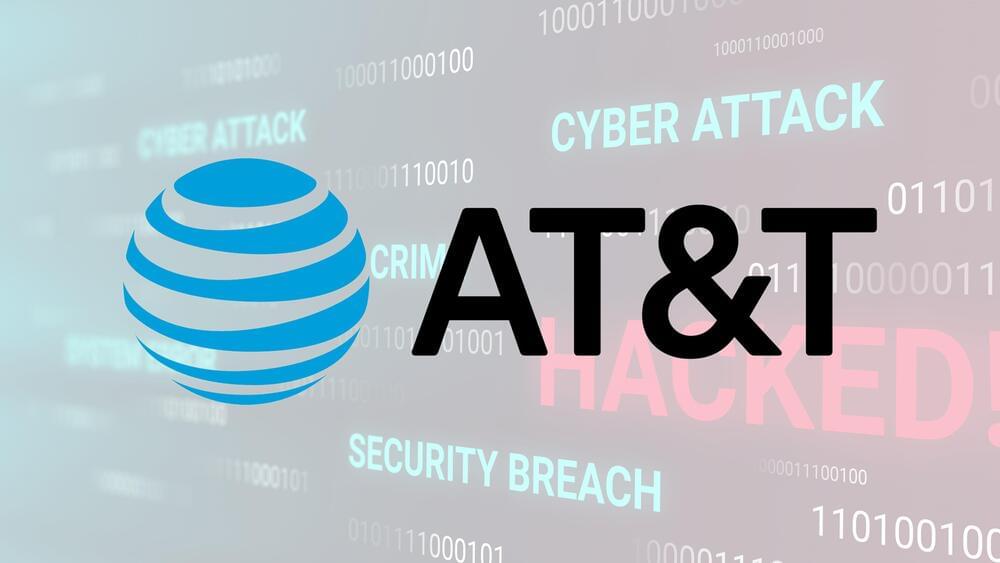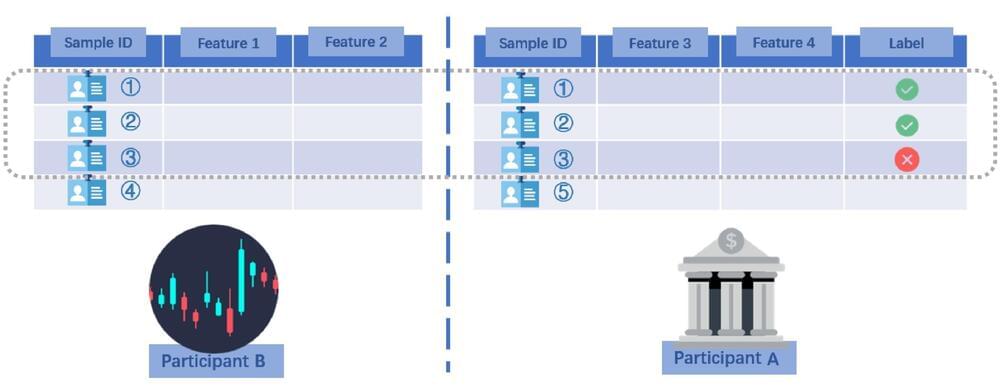Researchers on Wednesday announced a major cybersecurity find—the world’s first-known instance of real-world malware that can hijack a computer’s boot process even when Secure Boot and other advanced protections are enabled and running on fully updated versions of Windows.
Dubbed BlackLotus, the malware is what’s known as a UEFI bootkit. These sophisticated pieces of malware target the UEFI—short for Unified Extensible Firmware Interface —the low-level and complex chain of firmware responsible for booting up virtually every modern computer. As the mechanism that bridges a PC’s device firmware with its operating system, the UEFI is an OS in its own right. It’s located in an SPI-connected flash storage chip soldered onto the computer motherboard, making it difficult to inspect or patch. Previously discovered bootkits such as CosmicStrand, MosaicRegressor, and MoonBounce work by targeting the UEFI firmware stored in the flash storage chip. Others, including BlackLotus, target the software stored in the EFI system partition.
Because the UEFI is the first thing to run when a computer is turned on, it influences the OS, security apps, and all other software that follows. These traits make the UEFI the perfect place to launch malware. When successful, UEFI bootkits disable OS security mechanisms and ensure that a computer remains infected with stealthy malware that runs at the kernel mode or user mode, even after the operating system is reinstalled or a hard drive is replaced.








